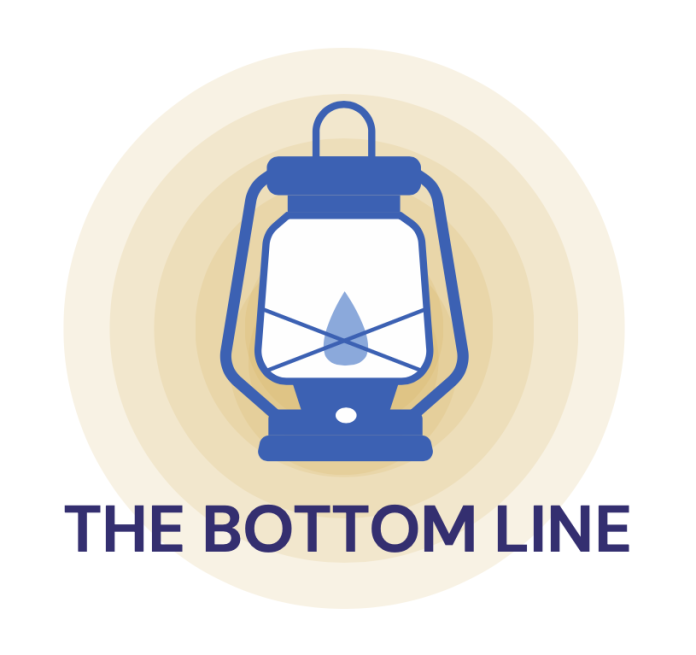Sasha Nikanova
Contributing Writer
To this day, UC Santa Barbara (UCSB) remains one of the two UC campuses, together with UC Berkeley, that does not implement the rollover meal plan system; students’ meals reset every Monday, even if the previous week’s meals have not been used up. The university has not yet modified the residential meal plan to meet the students’ needs, though 48 percent of UCSB’s undergraduate students and 31 percent of its graduate students face food insecurity. To combat this issue, the student population has been advocating for meal plan reforms since 2006. Considering that more than a third (approximately 35 percent) of room and board revenue is allocated to Campus Dining Halls, it would make sense if the meal plans appropriately catered to the students’ needs.
To accomplish exactly that, UCSB’s Housing, Dining & Auxiliary Enterprises (HDAE), in collaboration with the Information Technology Services, recently launched a program where meal plan holders could donate up to three meals weekly to students in need. More than 1,000 meals have already been donated throughout fall 2024 alone. Moreover, in February of 2024, the UCSB chapter of Young Democratic Socialists of America (YDSA) issued a petition that argued why a change was necessary. Following these efforts, at the beginning of the winter 2025, dining services initiated a pilot meal plan program where students can have up to four of their meals roll over to the next week. Since all meal plans are reset quarterly, however, the meals cannot be transferred from winter to spring quarter and must be used up by the end of the pilot period. This program also allows students to “swipe” their friends into the dining hall as guests twice per week. Any UCSB student, whether they live on or off-campus, qualifies as a “guest,” even if they are not signed up for a meal plan.
In an interview with The Bottom Line (TBL), one of the students who was chosen to participate in the pilot meal program, Laura Mikayelyan, said: “I felt a greater sense of food security and I appreciate the rollover [system].” When asked about why she feels more confident in her nutrition situation, she said, “[up to four] unused meals roll over for next week, so if I don’t eat much this week, I know I will have more insurance for next week.” The rollover system prevents students from wasting their prepaid meals on weeks that have atypical schedules or unforeseen circumstances, which can further help avert anxiety or feelings of guilt over “wasting money.”
In their petition, UCSB’s YDSA campaigned for “the development of a more comprehensive meal plan that makes these changes in order to address the issue of rampant food insecurity at UCSB.” Now that their efforts have paid off and the UCSB dining hall administration has selected a random sample of 10 percent of meal plan holders to participate in this trial program, UCSB students are expressing their hope that this change will be permanent. The YDSA chapter explains that in spring 2025, the program’s successes will be evaluated, which will determine whether it will be pursued in the following academic years. Depending on the feedback gathered from the pilot program’s participants, the UCSB community will soon find out whether its prayers have been answered.
Mikayelyan mentioned that, if the rollover system gets approved for future years, it’d be nice to have an app “to view how many meals you’ve used, how many have rolled over. I wish there was a transaction history. And better software.” She pondered about the possibility to make this app resemble a bank statement summary, only more simplified and accessible to use on a phone screen. This idea is something to keep in mind for the future if the dining halls succeed in officially implementing this program.
Despite these setbacks, Mikayelyan acknowledged that the pilot meal program has been working “smoothly” for her this quarter, expressing her wish for the system to persist into the future. She mentioned that its implementation has directly made her feel “less hungry” and admitted that if the dining halls introduced this program, it could make students feel anxious about their food source. At the end of the interview, Mikayelyan referred to the meal program as “a little safety net that [she] didn’t feel like [she] had before.”
As Kiki Reyes, the social media manager for the HDAE said in an interview with TBL, “The pilot is being evaluated for continuation into Fall 2025, but we do not yet have specific details to provide.” Whether UCSB’s administration officially adopts this program or not, one thing is certain: this is only the beginning of this story, and, no matter what changes come, there is always a place for UCSB’s students to use their voices to advocate for their wellbeing.


















Rollover meals programme sounds like an excellent initiative and well done for highlighting this issue, Sasha! Great article!